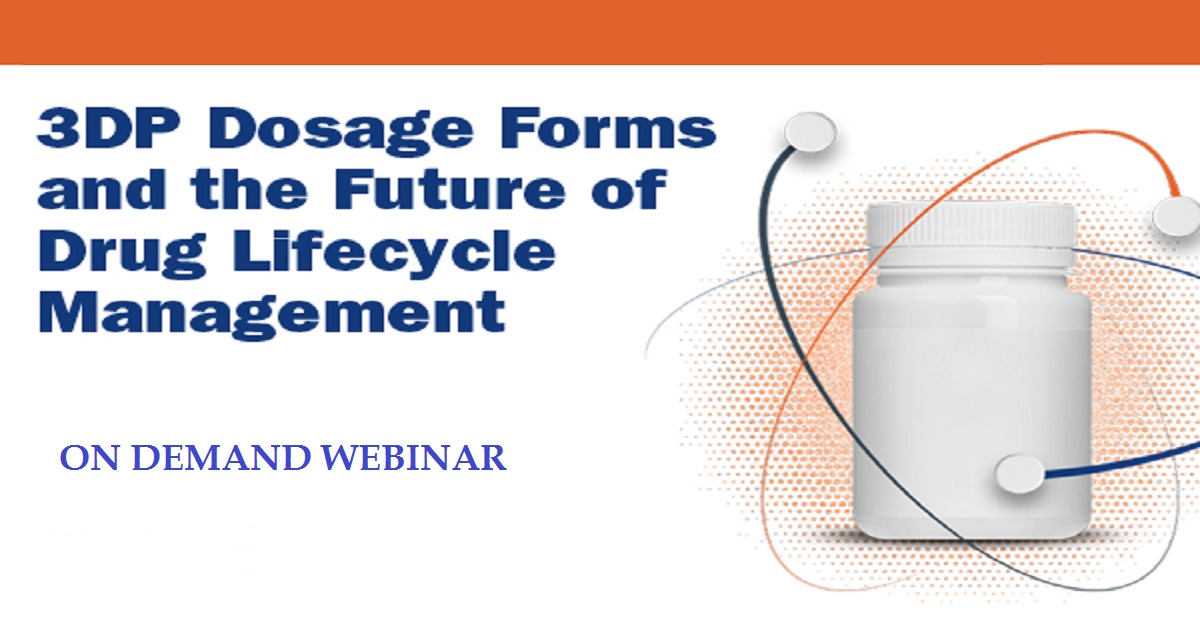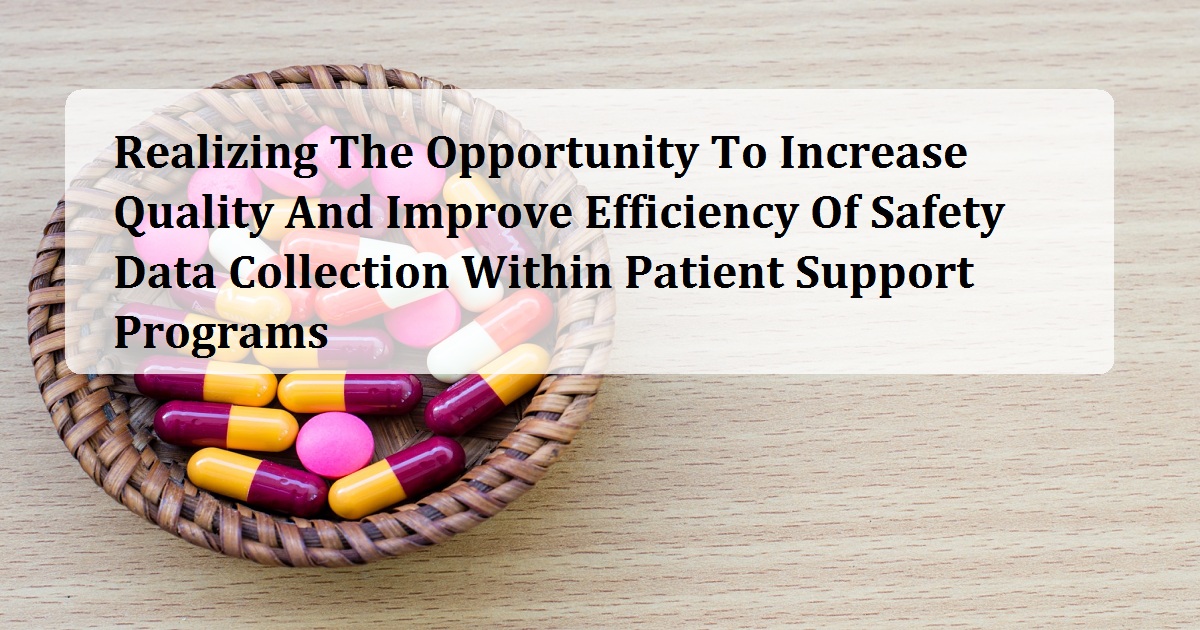
webcasts
Pharmaceutical companies and their drugs face numerous challenges in the brief window between launch and patent expiration. This makes it extremely important to plan lifecycle management (LCM) strategies well in advance of patent expiry. One way to address this is with advanced manufacturing techniques that make it much more difficult for competitors to genericize. For pharmaceutical companies that seek market enhancement strategies beyond the capabilities of existing fast melt technologies, join Contract Pharma for this webinar as we hear from Don Wetherhold, the senior executive advisor and senior vice president of Aprecia Pharmaceuticals. He will talk about the company’s innovative ZipDose technology and why it offers an exclusive opportunity to address patient demand and create products not easily genericized.
Watch Now

Business-review-webinars
This webinar will focus on the advantages of nasal powder formulations and on a non-human primate (NHP) model to quantify nose-to-brain delivery of a model compound, sumatriptan. The webinar will also compare pharmacokinetic advantages of nasal powders versus aqueous formulations, as well as in vitro results of nasal powder delivery.
Watch Now

ON24
Historically, distillation has been the most common technology used to produce Water for Injection (WFI), due to prior process advantages and historical regulatory requirements. Changes in the European Pharmacopeiano longer require the use of distillation systems to produce WFI. In this webcast, learn about the impact of this regulatory change on water system design and how reverse osmosis and ultrafiltration can be used to produce WFI with significant lifecycle cost advantages.
Watch Now

pharmaintelligence
Patient Support Programs (PSPs) have changed dramatically over the past decade; they have become global activities, and grown significantly in scale and complexity. While PSPs are also an increasingly valuable resource for pharmacovigilance due to the extensive patient safety data they generate, they have suffered from the traditional lack of standardized mechanisms for recording, reconciling and managing this data, resulting in resource heavy processes, and a lost opportunity for deeper product understanding for Pharma. Fortunately, new technologies are helping to tackle this challenge.
Watch Now